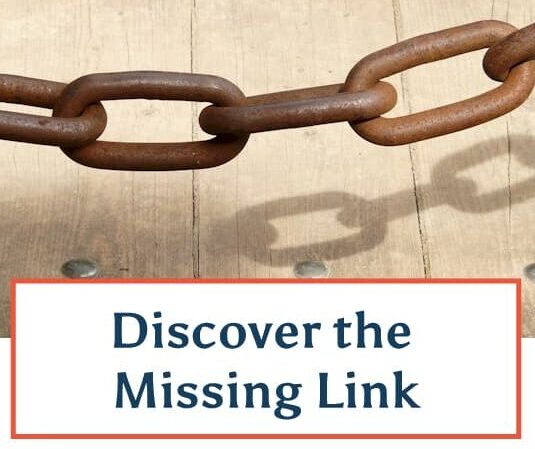I have ebooks, audios and videos sitting on my hard drive that I’ve never consumed. I bet you do, too.
Free information is everywhere. Even if it’s excellent, it’s not always easy for your audience to digest it and create a strategy around it.
The next place of growth for service professionals and information marketers is to take all the free information you research and produce for your clients, synthesize it, and give it back to people in a practical, DO-able format: a paid class.
Want to be unique?
If you want people to consume your information, teach people how to consume it and use it. This will set you apart from the crowd.
The reason people spend money on your webinars and live classes is that:
- They get to ask questions of the teacher
- They get to learn in a group environment, where they can brainstorm ideas and feel supported while they learn
- They’re given bite-sized homework assignments
- They can apply what they’re learning and get feedback right away
- They walk away with a do-able action plan
Even offering free webinars sets you apart from the crowd in your industry because it allows people to receive a chunk of information (about an hours’ worth), learn how to apply it, and ask questions to clarify points. If you’re not offering free webinars as part of your marketing plan, now is a good time to start. Just make sure you have a plan for helping your audience consume that class material.
What students want today
Information is everywhere. But smart students are now saying to teachers, “Make it work for me in the real world of busy schedules and conflicting priorities. Help me to focus. Short-cut the learning process for me, and I’m willing to pay you to make this learning logical and easy for me.”
If you want to be unique and stand out from the crowd, start helping your customers consume, digest and use the information you’re giving them.
If you can simplify a complicated topic, if you can save your customers the time of having to do the research and analysis themselves, if you can cut through the noise and help your customers know what’s relevant and important, then you’ll always be valuable to them.

 Why I Always Read Email First Thing Each Morning
Why I Always Read Email First Thing Each Morning

Yes, I do have fee audiobooks on my hard drive that I have yet to read. I also have often gone to seminars that I left wishing they’d set aside time to make an action plan. Follow up is also important, as I think I need time in between learning to let it marinate and see what bugs I run into. You are definitely offering something unique.
I’m thinking of ALWAYS offering a mastermind group in conjunction with every course I teach. It seems to me that the learning happens IN class and AFTER class, and that having ongoing support is crucial to applying what you’ve learned to your real-world business situation. Think that will fly? 🙂
If you make it optional -sure. Everyone learns differently. I like one-on-one coaching the best, although I can always learn from others too.
Marci, if you attended a live seminar or a teleclass, would you find it helpful to have an ongoing support group (say for 2 or 3 months after the class ends) you could tap into to implement what you’ve learned?
I think it would have be optional — not everyone wants it or needs it (or can afford to pay for it). I’m just musing, trying to figure out if people would want something like that?
I think it would be helpful. I’m signed up for a postgraduate program that starts next month or I’d try it out too.
Hi Karyn,
It’s hard to keep up these days with all the information and the competition on the web.
Sure, I do have a lot of information on my hard drive that is still good stuff and I am trying to figure out how to utilize it and benefit others. I am currently trying to develop information products and even offer them as ebooks on my site. I would love to get in on your teleclasses, as I must get this business moving in the right direction.
I saw an interesting blog post the other day, where the author indicated that it’s no so much “information overload,” but the choices we make, trying to pay attention to too much information at one time. So I keep the audios and ebooks on my hard drive, but use them like a library: when I want information on XYZ topic, I troll my own hard drive first. 🙂
Today I was working on the design of a new class. My typical process is to come up with a basic class outline, read about 10-15 books on the subject, scan websites, and listen to audios. From all that information, I choose the best topics to include in the class based on my own experience as a self-employed small biz owner, what I know my clients have experienced, and where I see trends happening. Distilling it down to the essentials for my students is the best gift I can give.
OMG you nailed it Karyn!!! 🙂
Deb, when anything becomes a commodity (like free information), then it’s time to rethink your strategy.
Karyn, Love the blog post. I’ve been thinking of adding “paid” webinars to my coaching practice, as I agree with you. Too much free stuff is overload.
Thanks for your insight.